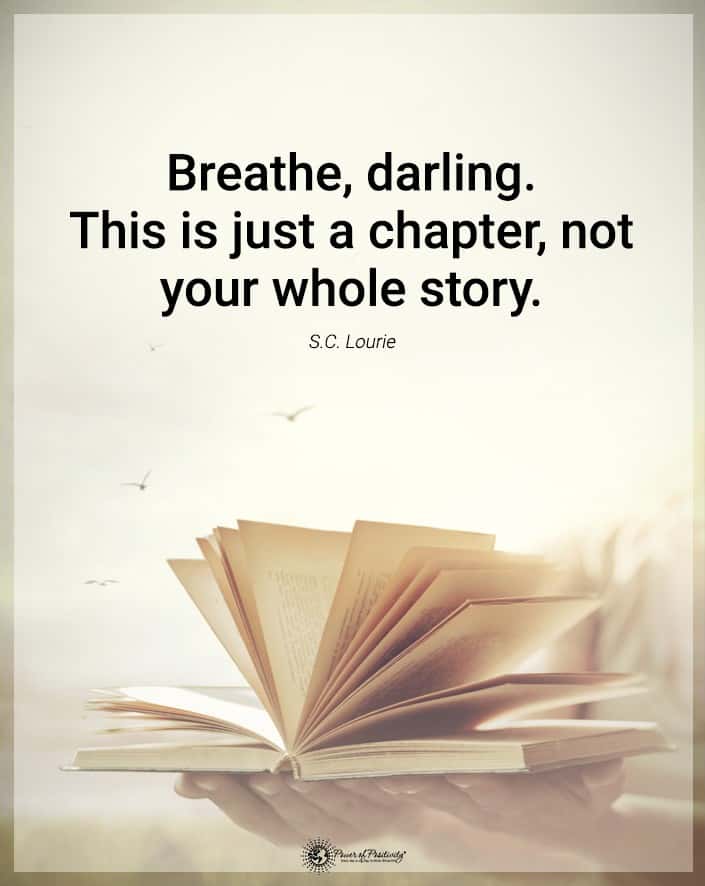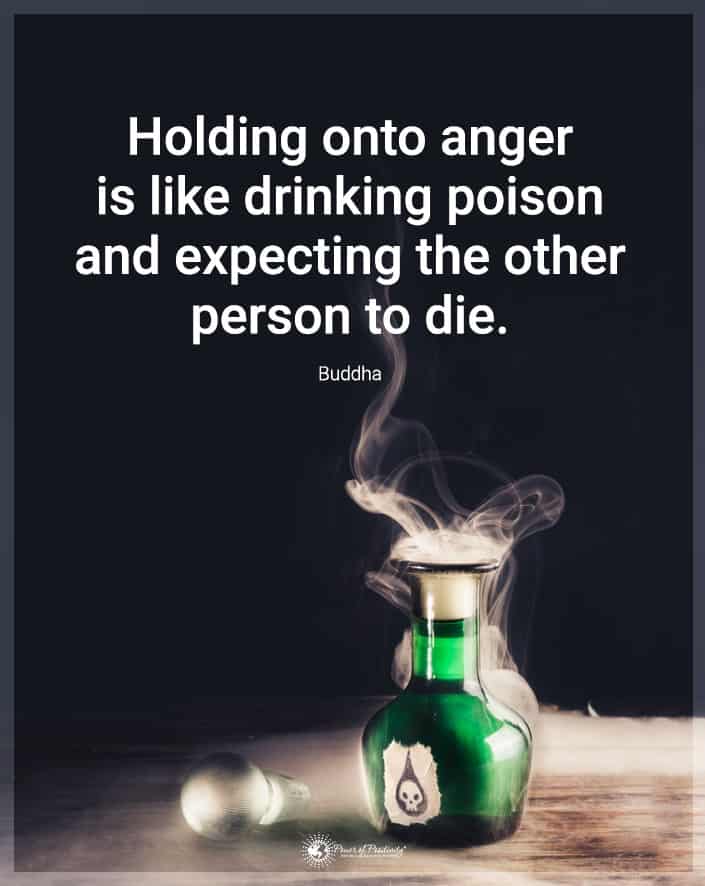Do you know what depression looks or feels like? While there are some undeniable symptoms, many early warning signs of depression go unnoticed. The key is realizing something wrong and making lifestyle changes or getting help immediately.
According to the National Institute of Health, there are more than 17 million people in this country that suffer from depression. Sadly, many of these folks won’t get help as they brush it off as the blues or circumstances in their life. The good news is that depression is easily treated, so there’s no reason to put off getting help.
Life is stressful, and everybody will have periods where they feel down and sad. The way depression differs from this is that it causes you to have low self-worth or a feeling of hopelessness. Since it’s a psychological issue, it affects how you think, act, move, and live.
There are many causes of these common mental health issues, such as circumstances, medical problems, a chemical imbalance in the brain, and social troubles. Just because your mom had depression doesn’t mean that your cause is the same, but there are strong links to genetics in mental health.
Early Warning Signs of Depression
There’s no reason to suffer in silence when there is help available. Depression comes in all degrees, and some have it much worse than others. If you have an ongoing battle with this mental health issue, it’s called a major depressive disorder.
Whether you’re fighting this issue once or it’s been an ongoing battle all your life, you need to know the symptoms. Here are the early warning signs of depression in adults.
 1. Concentration Issues
1. Concentration Issues
Is your concentration lacking? Even if you’ve never been diagnosed with a condition like ADHD, you may find that you’re suddenly unable to focus. In fact, things that you could have done in a short bit might take hours to accomplish.
When your focus is a mess, and you can’t seem to concentrate on anything, depression may be the culprit. However, most people won’t consider depression as the crux of concentration issues.
2. Isolating Yourself
There’s no real reason why depression makes you want to isolate yourself. Some theorize that it’s the lack of motivation, changes in sleep habits, and eating differences that are behind this symptom. However, you may be turning down social requests to stay home and chill.
Even if you have a house full of people that live with you, closing your bedroom door and making the world go away seems like heaven. If you’re spending more time behind closed doors and four walls, it needs to be addressed as it may be one of the early warning signs of depression. Mental disturbances can cause you to think and feel that isolation is a relief, but it’s only making matters worse.
You can quickly develop conditions like agoraphobia, which means you become paranoid when you’re around crowds or people due to your anxiety.
3. Changes in Your Sleep Patterns
One of the first issues that people notice with depression is that their sleep patterns are disrupted. They may have issues going to sleep, which is common and includes tossing and turning all night long. You may fall asleep but not be able to stay asleep for long.
You may wake up at unusual hours and be unable to return to your rest. Another way that depression can affect you is by sleeping too much. Do you find that you slip into your pajamas and hop into bed after work?
Some people may forgo dinner at night or spend the weekend trying to catch up on their rest. The only issue is that when depression is affecting your sleep, there will never be enough rest.
4. Mood Disturbances
Your emotional reserves may be profoundly affected during a depressive episode, making you grouchier than usual. Do you snap at the people you love, or are you on edge? You may be surprised at the things that come from your mouth or your reaction to normal stressors.
If your spouse’s every move seems to irritate you, depression may be to blame. If you’re just a little bit snappier and see red at the smallest infraction, it’s a sign something is going on.
5. Increased Anxiety
Did you know that people who experience depression almost always have anxiety too? Usually, anxiety is the symptom they feel at first, but together they’re a dangerous combination. Anxiety can make you worry about things beyond your control, have self-critical thoughts, and be so afraid that you don’t seek help for what’s going on.
Remember that anxiety is nothing more than fear and is the great pretender. It can make you think and feel things you didn’t imagine possible. Most people can identify the anxiety but don’t understand that depression fueled it.
 6. Overly Emotional
6. Overly Emotional
Do you tend to cry more than usual these days? Are you weepy for no good reason? According to Healthy Place, the reasons you’re crying can be emotional, social, cognitive, or psychological.
Depression can defiantly put your emotions on edge, which is why so many people tend to cry at the drop of a hat when they’re depressed. If you have no real reason to be crying so much, it can be one of the early warning signs of depression to notate.
7. Lack of Interest in Things Once Enjoyed
If you notice a general lack of motivation, it may be more of an issue than you think. If the thought of going to work, the grocery store, or even walking outside to your mailbox is overwhelming; it might be a sign of depression. Depression zaps your motivation, making you overwhelmed and tired by the smallest things.
8. Your Hygiene Fails
Hygiene problems can falter because you’re so exhausted. You know you must take a shower and brush your teeth every day, but walking from your bed to the bathroom might seem overwhelming. Standing there for two minutes brushing your teeth might seem like climbing a mountain.
Since depression affects your brain and how you think and act, it can affect your hygiene. Taking care of your body is a fundamental part of living. If you notice that you’re going days without showering or combing your hair, it’s a sign you need help.
9. General Malaise
You can’t pinpoint what’s wrong with you, but you feel like you’re moving through mud. Every step seems to be more difficult than the one before, and you feel it’s an effort to do anything. You may let the mail pile up because you don’t really care if you get it or not.
Many people think they’re coming down with something when it’s actually depression taking over their life. Did you know that many people who seek help for their mental illnesses often think they have things wrong like cancer, an autoimmune condition, or some other ailment that’s causing their issues? Since depression affects both the mental and physical body, it’s hard to tell the difference without medical help.
10. Changes in Appetite
Have you noticed that you’re a little hungrier than you usually are, or are you not hungry? Depression can profoundly affect your appetite, and it can go either way. Some say their favorite meal, like pizza, doesn’t bring them as much pleasure as before.
Others say the very sight of food makes them feel sick, but if your appetite has significantly changed, it’s one of the early warning signs of depression.
 Final Thoughts on Early Warning Signs of Depression
Final Thoughts on Early Warning Signs of Depression
One of the main reasons why people don’t seek help when they’re depressed is because they feel like something is wrong with them. You should know that depression and anxiety are very common mental illnesses that can be treated. However, you can’t get treatment if you don’t get help.
You can do many things when you see some of the early warning signs of depression, such as making lifestyle changes. Did you know that many people who are depressed are often lacking the vitamins and nutrients their body needs? Magnesium is a big help to those who suffer from mental illness.
A study reported by the National Library of Medicine showed that taking magnesium supplements can be just as effective as some of the other treatment options on the market. Plus, magnesium has little to no side effects, unlike the alternatives. There is so much that you can do by simply changing your lifestyle.
Even if you’ve tried lifestyle changes and your depression seems to be treatment-resistant, there is no reason why you should feel embarrassed to get help. When you notice the early warning signs of depression, you need to find out the underlying causes, the best treatment options for you, and how to overcome this common issue.


















